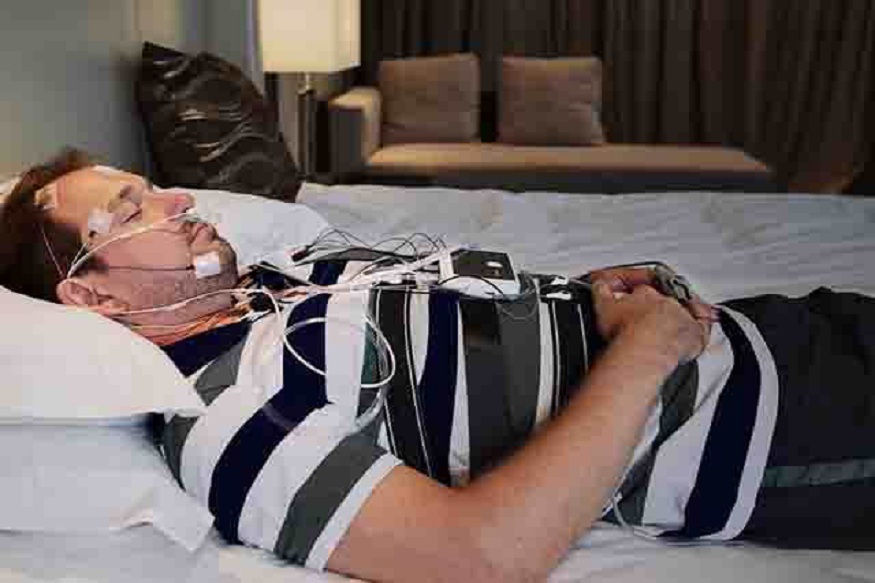Do you likely experience excessive fatigue even after a complete night of rest? Does the excessive sleepiness or lack of energy stand out even though you sleep all night? You might have sleep apnea. These symptoms would indicate the presence of this breathing disorder, which disrupts your breathing during sleep. The tricky part? The majority of individuals overlook their sleep apnea condition completely.
Sleep apnea reveals itself through multiple symptoms that range from obvious auditory indications, such as loud snoring, to hidden warning signs that are easily overlooked. Knowing about sleep apnea indicators during their early phases, especially with the convenience of an online sleep apnea diagnosis, helps protect your health significantly.
The most noticeable signs
Noisy breathing during sleep
Snoring frequently indicates sleep apnea as a culprit, even though not all snorers suffer from this condition. However, choking sounds or gasp episodes during sleep act as definitive markers for sleep apnea. A definite warning symptom appears when your sleep partner must repeatedly wake you because your breathing has stopped.
Frequent waking up during sleep
People with sleep apnea typically wake up multiple times throughout the night. As a result, your body may struggle to obtain sufficient oxygen during sleep. However, you cannot recall these brief waking instances. People experiencing apneic episodes may encounter two symptoms: sudden airway blockage followed by desperate attempts to breathe or sensations of choking.
Morning headaches
And then there’s morning headaches. Sleep apnea causes interrupted airflow, which reduces blood oxygen levels, resulting in morning headaches as well as feelings of dizziness and illness after waking up.
The more subtle symptoms
Some sleep apnea indicators stand out, whereas alternative signals stretch our ability to see them.
Daytime drowsiness
The primary sign that indicates sleep apnea is experiencing extreme daytime drowsiness. The reason you feel tired all the time, even when you get enough sleep, points toward an unrestful pattern of sleep. When sleep apnea interrupts deep sleep numerous times, it produces a state of tiredness, increased irritability, and poor mental concentration.
Memory challenges
Another potential symptom includes word memory problems and difficulties staying focused. People living with sleep apnea commonly experience brain fog that leads to work-related concentration challenges and memory lapses. Your brain requires deep, beneficial rest to function optimally, but fails to achieve this because sleep apnea deprives it of essential sleep time.
Emotional instability
Sleep apnea is associated with dramatic mood swings accompanied by persistent irritability and possible depression. The regular interruptions in your sleep end up harming your emotional state of well-being. Your sleep quality likely plays a substantial role in your current state of anxiety and increased anger since poor rest interferes with mental health.
What to do next
Do not dismiss the mentioned symptoms because they may signify a serious medical condition. Sleep apnea results in more than sleepiness because it causes hypertension as well as cardiovascular diseases that elevate stroke risk. The good news? It’s treatable.
People can now easily undergo testing for sleep apnea since the introduction of online sleep apnea diagnosis, which provides simple and convenient access to testing services. Taking action now will lead to better sleep, increased energy, and enhanced long-term health protection.




